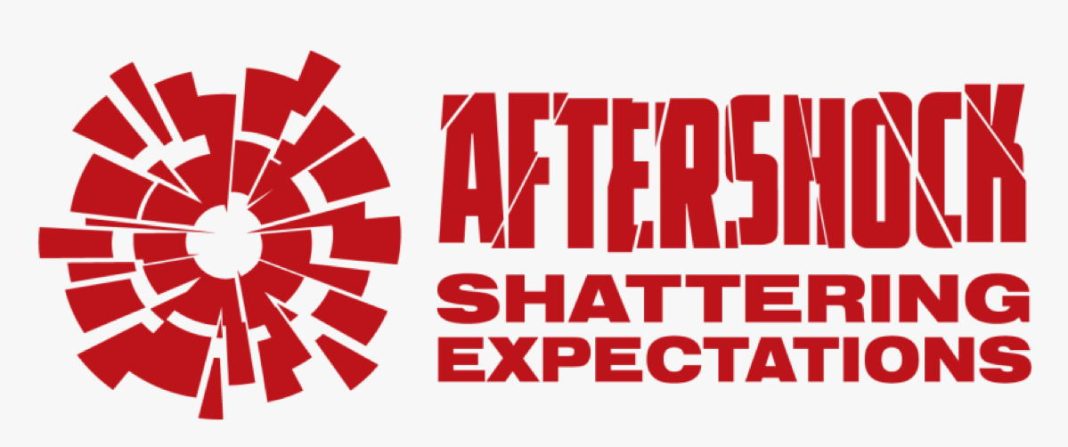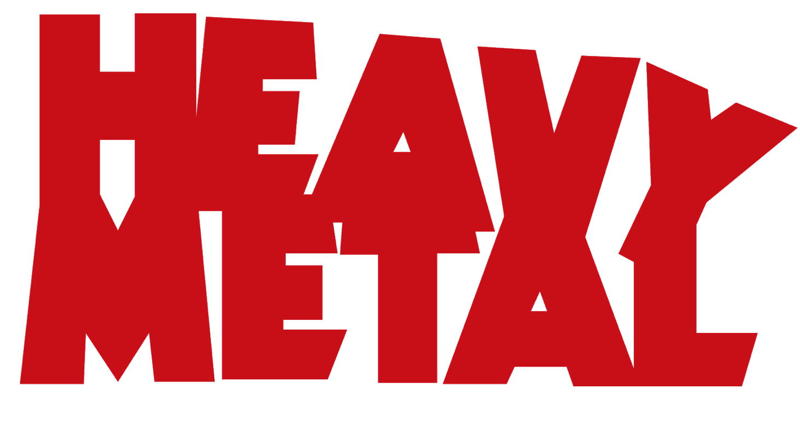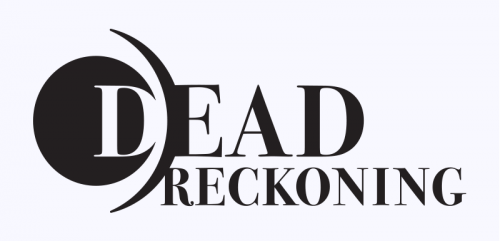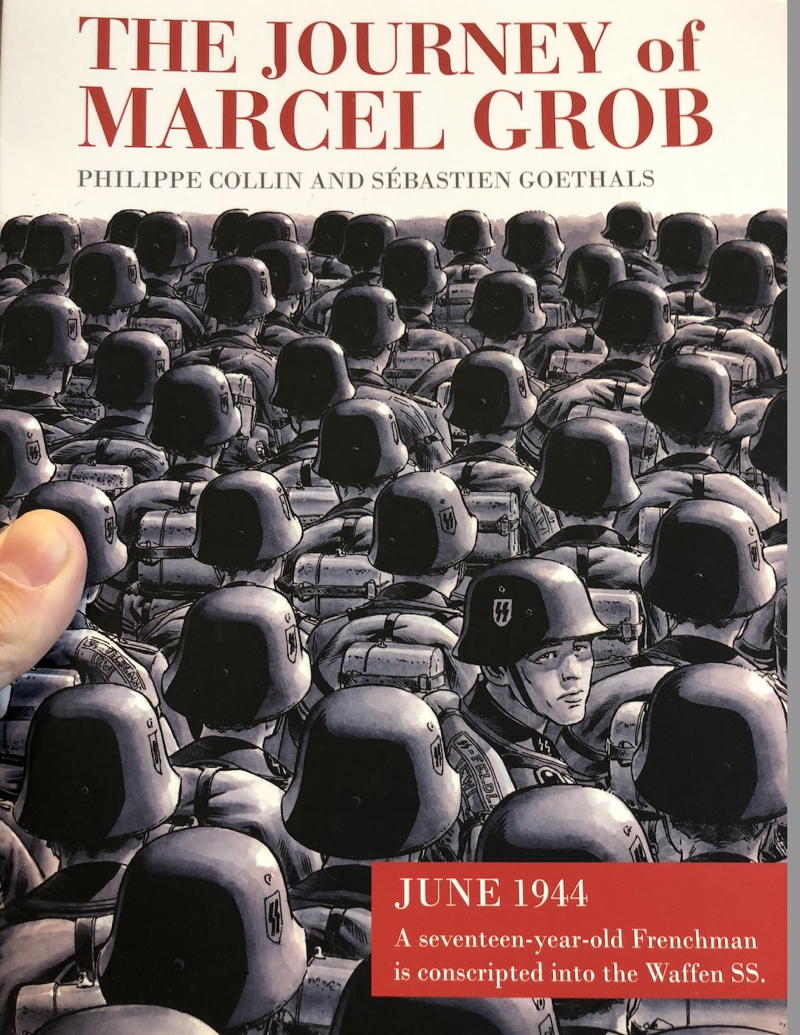For the week before Christmas it’s been a banger of a news week, as two comics publishers have announced major changes in how they do business, and another imprint lost its founder. Let’s go to the bullet points:
• AfterShock: Credit where due, Popverse’s Graeme McMillan has been all over the AfterShock bankruptcy filing, with a series of fact-filled stories. First, ongoing court filings have revealed the main cause of bankruptcy: an $11 million loan that eventually ballooned to $16 million with interest and missed payments:
As part of the loan agreement, AfterShock and Rive Gauche were required to make interest payments during September and March in 2021, 2022, 2023, and 2024. The companies also owed principal payments in March 2022, March 2023, and March 2024. At a certain point, those payments stopped being made, according to AfterShock Comics and Rive Gauche.
According to Popverse, the lender, Access Road, actually filed a lawsuit for breach of contract against AfterShock and its principles in October, which followed the decision to file for bankruptcy in September by Jon Kramer, Aftershock’s CEO. Obviously, while a Chapter 11 filing does allow a company to continue to operate while a debt settlement is worked out, this is a lot of cash to throw together.
AfterShock’s December 20th filing – requesting that the AfterShock and production arm Rive Gauche bankruptcies be considered together – includes several statements about how they got to this point of making a small fortune in comics. While legal filings are often just language, it does throw a bit of light on the shortcoming of the “Netflix Era of Comics” which we’re just leaving.
(2) “Retail Comics” line of business: Aftershock faced higher printing costs as a result of supply chain issues. Moreover, Aftershock’s liquidity problems can be attributed to substantial investments that are associated with the creation of new comic IP.
(3) “Development and Exploitation of Comic IP” line of business: Aftershock experienced longer than expected negotiations for comic IP “option” deals, and a longer than expected developmental process to convert IP “options” to film and television production. However, with respect to the IP “options,” many of these deals are on the cusp of reaching a steady-state to generate revenue to Aftershock.
One of these days we should analyze option money a bit more, but it’s worth pointing out that often it’s barely 5 figures, so you’d need a lot of them to pay back the debt. But there are still deals to be made out there and Aftershock is determined to make them.
• A small correction on the matter, also first reported by Popverse; several weeks back we reported on a managerial shuffle at AfterShock, with editor-in-chief Mike Marts leaving for Mad Cave, and new editor-in-chief Brian Cunningham stepping in; and former IDW CCO Chris Ryall signing on as a consultant. However as the news of AfterShock’s bankruptcy unfolded this week, in a tweet Ryall revealed he had never actually started the position:
Hard to address this since I like many of the people at Aftershock but a couple things, since I’ve heard from numerous creators & comic press: despite their announcement, I’m not a consultant there, that never got started. If I could somehow help everyone get paid……I would, but the best I can do is not take any money owed to others. It’s sad all around but all creators who did work in good faith deserve to be paid. I hope this filing can help make that happen. Hope everyone comes out okay.
• A story on all the week’s news at Publisher’s Weekly by Calvin Reid has more on the Heavy Metal situation, with CEO Matthew Medney explaining
“The reality is that a supply chain of errors created this situation. These are industry-wide issues that are affecting all independent publishers and we need to have a conversation about how to fix these issues,” he said. To fix its situation, HM has hired in Joseph Durko, an experienced management executive, as CFO, and initiated an in-house restructuring. As a result, the company has temporarily suspended payments to its creators and vendors. Medney said that the company’s owners are working to rectify the situation and that “no one is leaving the company.”
HM has about 15 staffers who are taking “an extended holiday” and will return in the new year. Medney also noted that the company’s current problems are unrelated to a recent partnership announced at New York Comic-Con in which Whatnot Publishing will take over the production, printing, and distribution of HM books and magazines. The partnership does not take Effect until 2023.
• Finally, you may recall Dead Reckoning, a graphic novel imprint published by the Naval Institute Press. The line launched back in 2017 under editor Gary Thompson. Thompson managed to put together a very interesting line of mostly military-themed but by no means pro-war graphic novels, both originals and pick ups from Europe, including books by Wayne Vansant, Ben Towle, Antonio Gil, Fabian Nury, David Axe and many more.
Recently, however, as part of general publishing industry belt tightening, Thompson’s position was eliminated. Usually this can mean a line’s future is in danger, however NIP director David Kane is taking over running the line, and in a statement said “We continue to move forward with projects slated for publication. We will continue to support individual authors who attend conventions and maintain our presence in the marketplace, working with vendors, organizations, and individuals to promote, distribute, and sell graphic novels.”
Dead Reckonings most recent offerings include The Stretcher Bearers by Reid Beaman and Ryan Beaman; and The Journey Of Marcel Grob by Sébastien Goethals and Philippe Collin.











RIP.
Tough times, but here’s to sending good thoughts and positive vibes to all these folks. Here’s to breaking through to the other side.
Comments are closed.